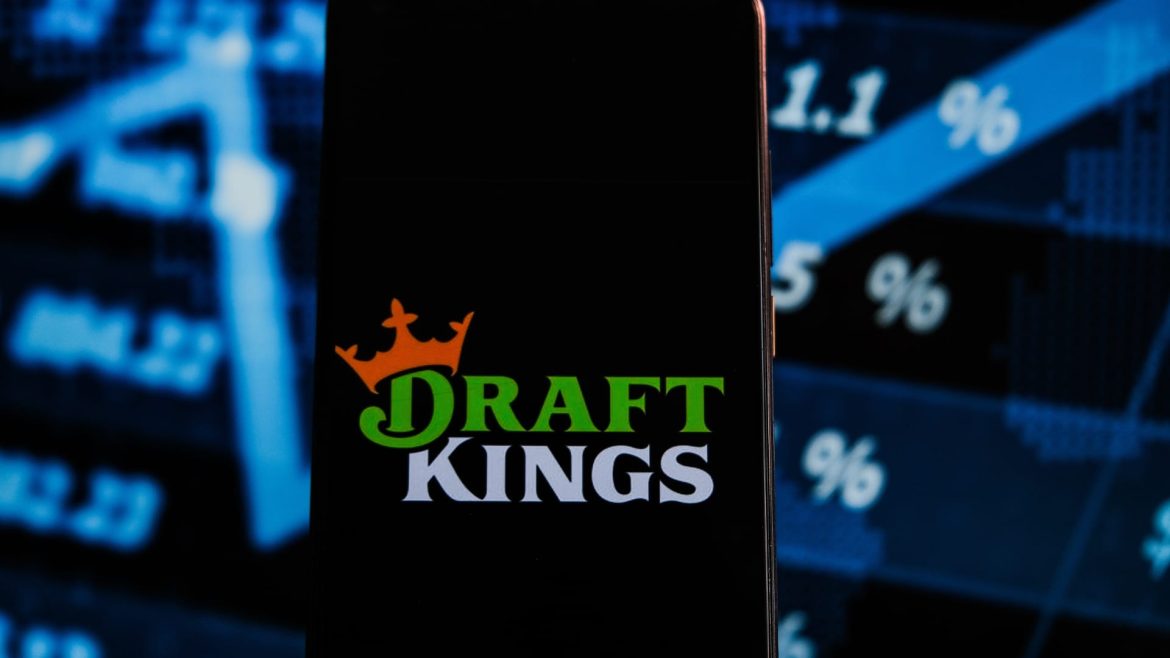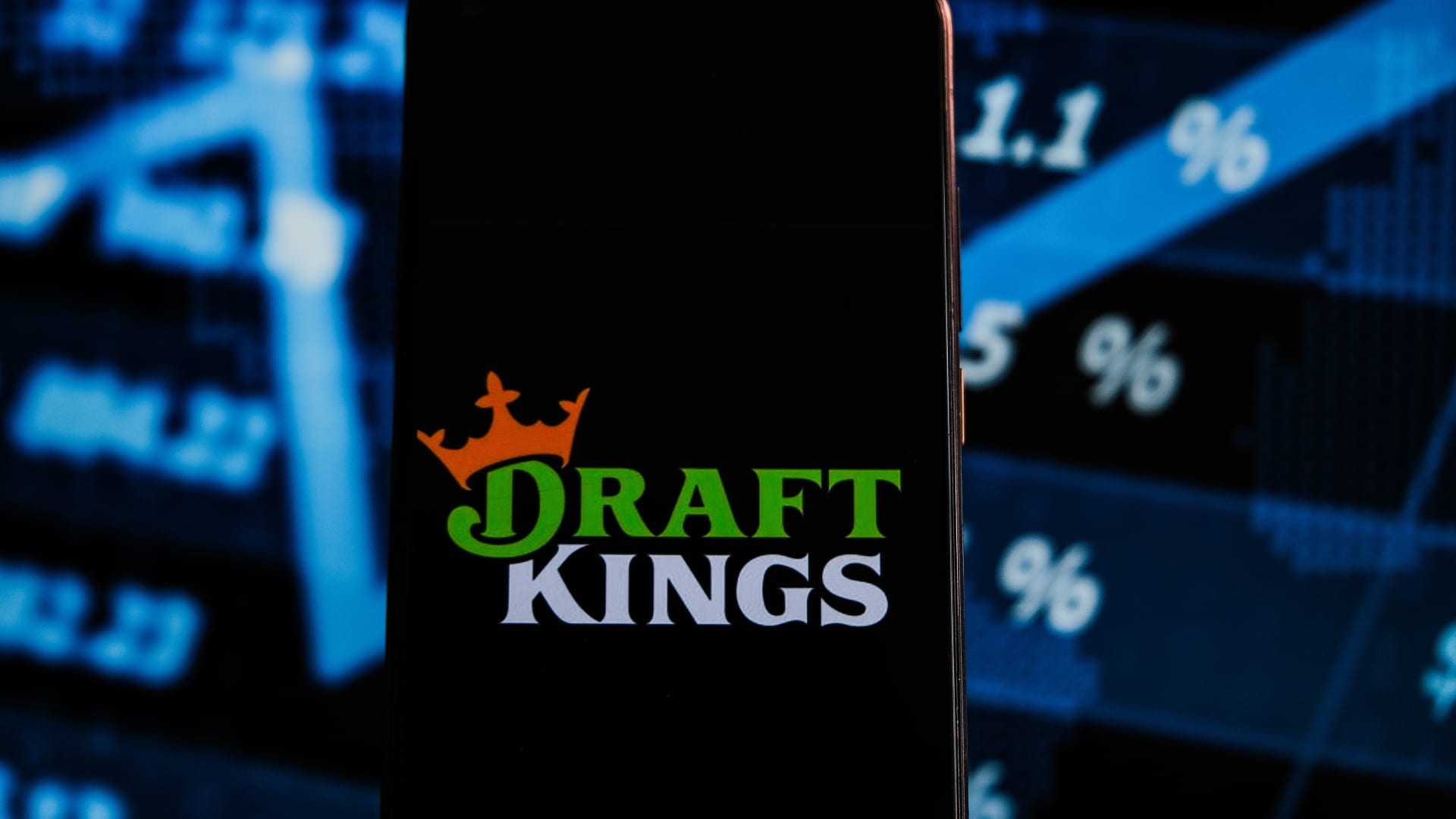The Impact of Illinois’ Tax Hike on Sports Betting Stocks: A Detailed Examination
The recent approval by Illinois lawmakers of a budget featuring increased taxes on sports betting has triggered noticeable shifts in the online sports betting industry, particularly reflected in stock market performances. This analysis explores the nuances behind this development, its immediate effects on investor sentiment, and the broader implications for stakeholders.
Background: Illinois Budget and Tax Increase on Sports Betting
Illinois legislators approved a $55.2 billion budget package that includes significant tax hikes not only on tobacco products but also on online sports betting revenue. The newly introduced tax structure is slated to take effect from July 1, 2025. This measure aims to increase state revenues amid budgetary pressures but simultaneously places additional financial burdens on sports betting operators.
Immediate Market Reaction: Stock Slide and Investor Concerns
Following the announcement, shares of leading online sports betting platforms faced sharp declines. The market reaction was swift and telling, signaling heightened wariness among investors regarding the profitability and growth prospects of companies operating within Illinois’ regulated sports betting environment. The tax increase effectively raises the cost of doing business in the state, potentially reducing margins and deterring expansion.
One important observation is that this retreat occurred despite some analysts maintaining positive outlooks. For example, Citi retained a buy rating on Flutter stock, a key player in the sports betting industry, suggesting confidence in the company’s longer-term fundamentals despite the short-term headwind posed by the Illinois tax change. Yet, the stock’s immediate decline reflects a more cautious sentiment among market participants as they digest the fiscal impact.
Analysis of Tax Hike Implications for Operators
The Illinois tax increase creates several challenges for operators:
– Profit Margins: Higher tax rates eat into revenue, directly compressing profit margins. Operators must decide whether to absorb the cost, potentially harming profitability, or pass it on to consumers, which risks reducing betting volumes.
– Market Competitiveness: Illinois is a significant market for sports betting, but increased taxation could disincentivize companies from prioritizing or growing their presence there. This could tilt competitive balances in favor of companies better positioned in states with lower tax burdens.
– Compliance and Operational Costs: Adjusting to new tax regulations often involves increased administrative and compliance expenses, adding hidden costs beyond the headline tax burden.
Investor Sentiment and Market Dynamics
Investor reactions to regulatory changes like tax hikes often stem from concerns over predictable earnings volatility and long-term growth potential. The Illinois tax hike intensifies uncertainty:
– Profit Forecast Volatility: Future earnings forecasts need adjustment to incorporate increased tax expenses, potentially triggering downward revisions in price targets and valuations.
– Risk Perception: Higher taxation may be perceived as a signal of a more challenging regulatory environment, influencing risk premium demanded by investors.
– Sector-Wide Impact: Other online sports betting stocks might also be affected due to concerns over possible similar tax increases in other states or jurisdictions.
Broader Context and Outlook
The Illinois vote reflects wider debates around taxation and regulation of the growing sports betting industry in the U.S. States balance between harnessing substantial tax revenues and fostering an attractive business climate for operators eager to capitalize on legalized betting.
Looking ahead:
– Operators might pursue strategic adjustments, such as product diversification or focusing on lower-tax states, to mitigate Illinois’ increased tax burden.
– Investors will closely monitor legislative movements in other states, as Illinois’ action could inspire similar policies elsewhere, potentially reshaping sector prospects.
– Analysts will weigh Illinois’ tax hike within a complex mix of factors influencing sports betting stocks, including consumer adoption trends, technological innovations, and broader economic conditions.
Conclusion: Navigating a Tax-Heavy Landscape in Illinois
The Illinois decision to raise taxes on sports betting marks a pivotal moment influencing the dynamics of online sports betting stocks. While it offers the state added revenue, it simultaneously introduces headwinds for operators and shakes investor confidence in the short term. This scenario epitomizes the ongoing tension between regulatory frameworks and industry growth, testing how adaptable companies and markets are to evolving fiscal environments.
For stakeholders—from operators navigating profitability pressures to investors recalibrating risks—the Illinois tax hike serves as a critical case study. It underscores the importance of regulatory awareness and strategic agility in a sector defined by rapid expansion and shifting governance. The true impact will unfold over the coming years as businesses and markets adjust, but the message is clear: success in sports betting increasingly depends not only on consumer demand but also on the regulatory landscapes shaping operational realities.





